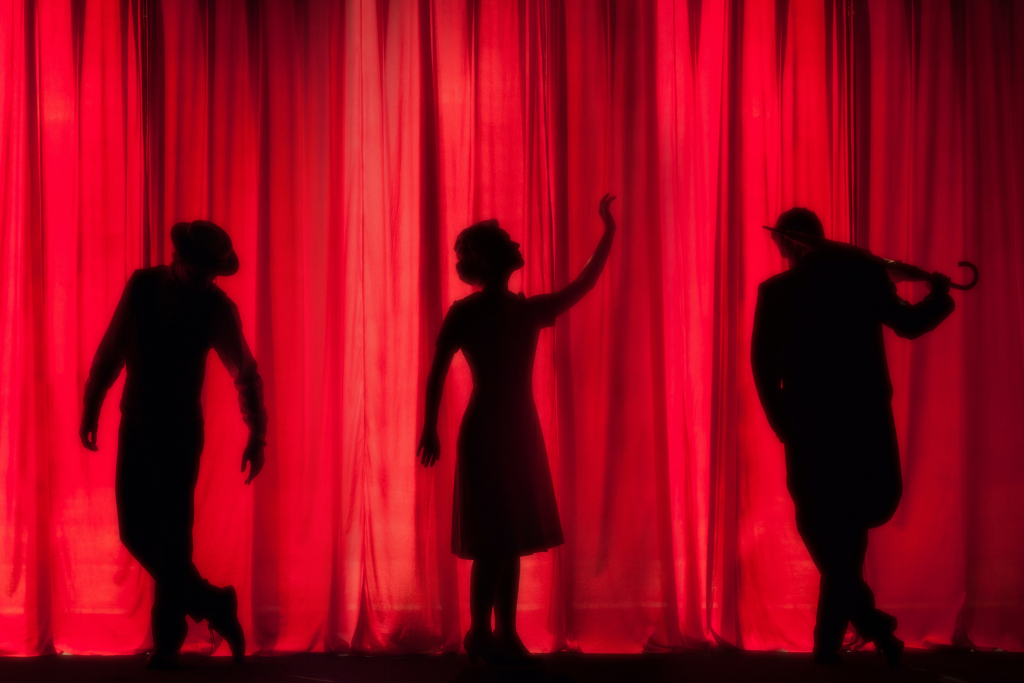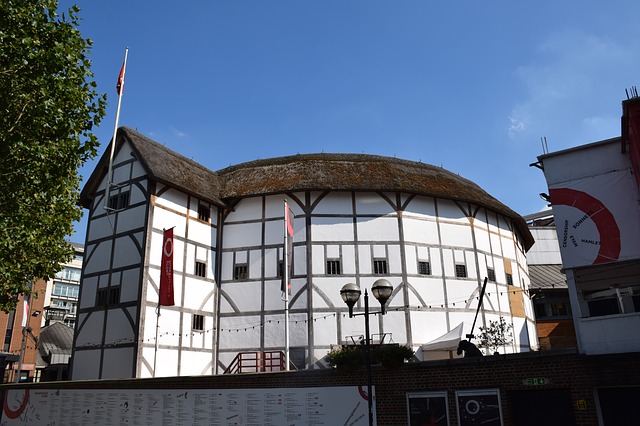Could the future be homeschooling?
The beauty of homeschooling is its flexibility and focus on the individual. Private Tutor of Bespoke Tuition, Eliza, homeschools two primary-aged children in India The global pandemic has impacted the
post
As written by Reya M, English Lit graduate from Oxford University currently studying for an MA at RADA.
There is nothing quite like the magic of experiencing live theatre. In the post-lockdown haze of the world opening up once again, there was one thing I couldn’t wait to do. To sit, in a dark room, with a room full of strangers, and feel the magic of the stage transport us somewhere new, together. It deeply saddens me that many people do not get this experience, certainly the ease of access within London itself offers opportunities for the theatre like nowhere else, and for those who live elsewhere, being able to experience this magic is much more of a rarity.

I grew up outside of London, in Norfolk, where opportunities for theatre were fairly limited. The bustling, constantly shifting environs of the stage as they exist in the city was too far for me to access – I didn’t even really know it existed. But I was in the fortunate position that my parents, with their own love of literature and theatre, took me to see open air Shakespeare performances, from a young age.
I can still remember so vividly the electricity of my first show, ‘The Tempest’, sat outside in the dusk, listening to the magic of the language. I was only very young, most likely a lot of it went over my head, but I felt moved by it, it made me laugh, it made me feel things. The evening was made even more magical by the thundering of a real storm overhead as the play drew to a close, pulling the world of the stage into a conflation with my lived reality.

Nobody ever told me that Shakespeare was something I wouldn’t understand, so I always did. I believe strongly that children are far more open minded than adults, they do not bring the same preconceptions to their everyday lives. I remember my frustration when, being taught Shakespeare in secondary school, the teachers would tell students not to worry “they didn’t understand most of it either.” This attitude restricts the capabilities of young people, by deciding for them that something is out of reach, inaccessible, we rob them of being able to make their own minds up.
The teaching of Shakespeare in particular, often seems to exist only in a flat, two-dimensional plane. There is emphasis on language, on form, but not on what is vital, the drama and urgency of the texts, that can only be explored and truly understood through performance. Reading a play is a completely different experience to watching one, they are worlds apart. And if more children were able to access the importance of performance, they may be able to understand these texts fully, after all.
Understanding Shakespeare is not about knowing the meaning behind every word, every turn of phrase. It is about the emotions it evokes, even in the way the words sound, the flow of one image to the next, the overt and often incredibly slapstick humour. To tell our younger generations that they aren’t intelligent enough to fathom it not only diminishes their potential, but robs them of the chance to have fun with their studies, to see how the theatre is an institution of magic and life that has a place for them firmly within it.
If I hadn’t seen those early Shakespeare’s, perhaps it wouldn’t have instilled within me a love for theatre and literature that has shaped my life, taking me to study English Literature at Oxford, and go on to pursue writing and directing at RADA. We can never know what our lives might have looked like if we hadn’t done certain things, chosen certain paths, but I can say with confidence that my life is richer for the role that theatre has played in it. After all, what is more human, more powerful, than the beautiful simplicity of shared experience?
Read More
The beauty of homeschooling is its flexibility and focus on the individual. Private Tutor of Bespoke Tuition, Eliza, homeschools two primary-aged children in India The global pandemic has impacted the
As written by Rhys, BA Spanish + Linguistics (First) St Catherine’s College, University of Oxford. Rhys has tutored in schools and privately one to one since 2012. To request Spanish, Linguistics tuition
As written by Celia S, who previously taught Creative Writing at St Paul’s Girls’ School ~Celia has over 20 years’ teaching experience in UK independent schools and international schools such as St Paul’s Girls’